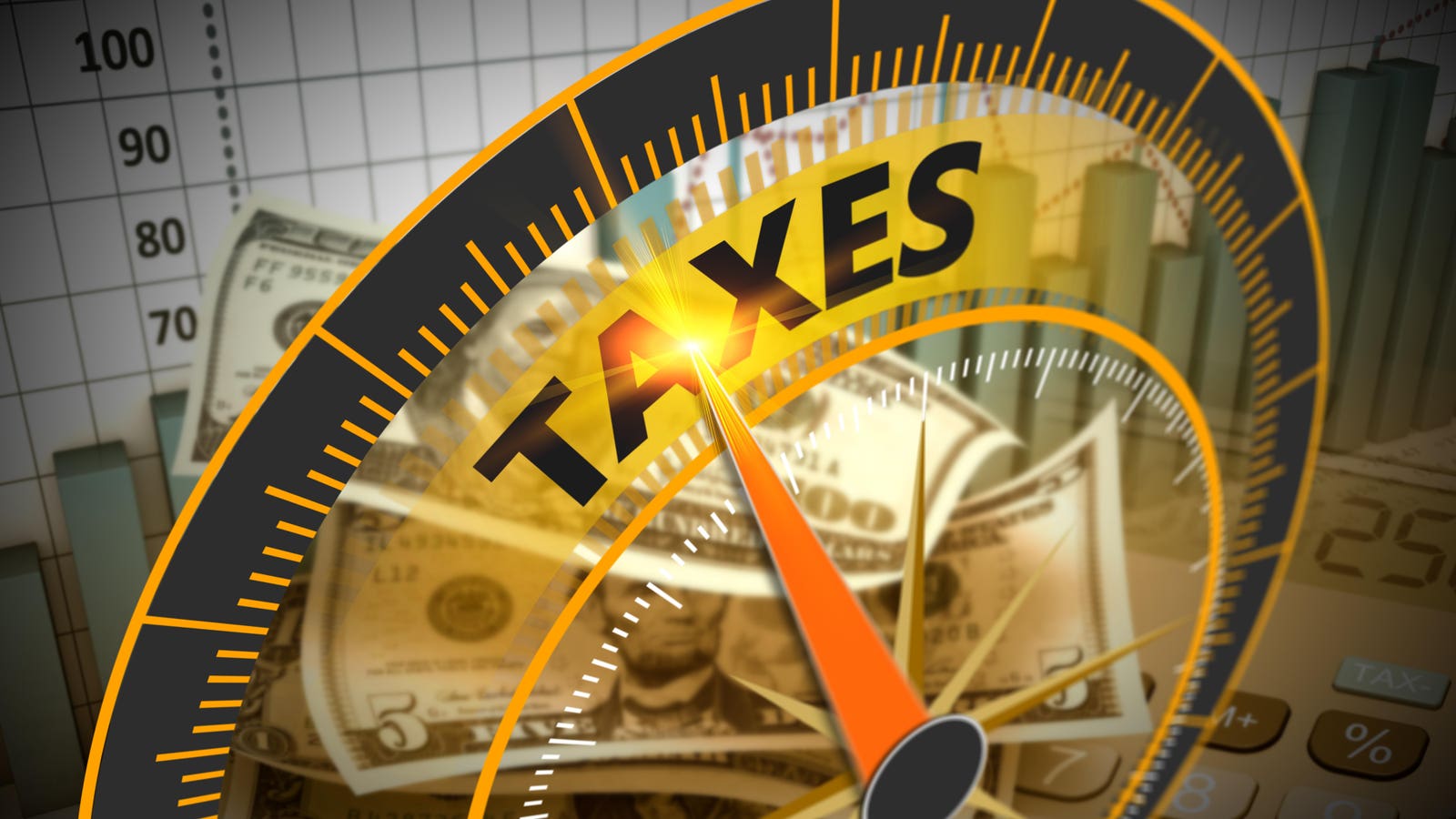How much taxes companies pay and the transparency of tax reporting have been contentious issues for decades. Governments around the world have failed to create standards for transparent tax reporting, particularly on a country-by-country basis. Many large and highly profitable multinational companies have taken advantage of this for years to pay little to no taxes. As is often the case when governments fail, it is up to the NGO community to represent civil society. In this case it is the sustainability standard-setting organization Global Reporting Initiative (GRI).
On December 5, 2019 GRI announced the first global standard for tax transparency—GRI 207: Tax 2019. It was approved by the Global Sustainability Standards Board (GSSB) in September 2019. “The GRI Tax Standard is the first global standard for comprehensive tax disclosure at the country-by-country level. It supports public reporting of a company’s business activities and payments within tax jurisdictions, as well as their approach to tax strategy and governance.” Here is a video of the official launch event held in London on January 20, 2020.
This is a most welcome development and has already received broad backing from investors, mediating institutions, labor organizations, civil society organizations, and other stakeholders. In explaining this enthusiastic response, GRI Chairman Eric Hespenheide said, “It’s not often that activists, investors, and industry bodies are all on the same page. Yet when it comes to tax transparency, or the lack of it, the level of shared frustration has been very clear. That’s why our Tax Standard – the first to support public reporting at the country-by-country level – has received such strong backing. GRI 207 won’t tell companies how much tax they should pay. But it will enable them to disclose what their tax payments are in relation to the communities where they operate. This is information that all responsible companies should be happy to provide.”

Global Reporting Initiative Chairman Eric Hespenheide | GLOBAL REPORTING INITIATIVE
It is an open secret that some of the largest and most profitable companies in the world pay virtually no taxes. Examples of this for 2018 include Delta Airlines, Duke Energy, Eli Lilly, JetBlue Airways, Levi Strauss, Netflix, Prudential Financial, and Starbucks.
Some insight into the taxes paid by the Fortune 500 can be found in a December 16, 2019 by the Institute of Taxation and Public Policy report “Corporate Tax Avoidance in the First Year of the Trump Tax Law.” In an analysis of 379 companies in the Fortune 500 that were profitable in 2018 and that provided enough data on taxes paid (interesting that this should even be an issue), “For most of these companies, their effective federal income tax rate was much lower than the statutory corporate tax rate of 21 percent. This is by design.” While Trump’s tax law reduced the statutory corporate tax rate from 35 percent to 21 percent, the lowest since 1939, these fine companies managed to do better than that. In aggregate they had a federal income tax rate of 11.3 percent. An especially clever 91 “A+ students”—including Amazon, Chevron, DowDuPont, FedEx, IBM, and Salesforce.com—in this group paid no federal taxes at all. Extrapolate that and about one-quarter of the Fortune 500 pay no taxes. The “B+ students” paid between 0 and five percent.
SUBSCRIBE TO OUR NEWSLETTER
Subscribe our newsletter to receive the latest news, articles and exclusive podcasts every week


